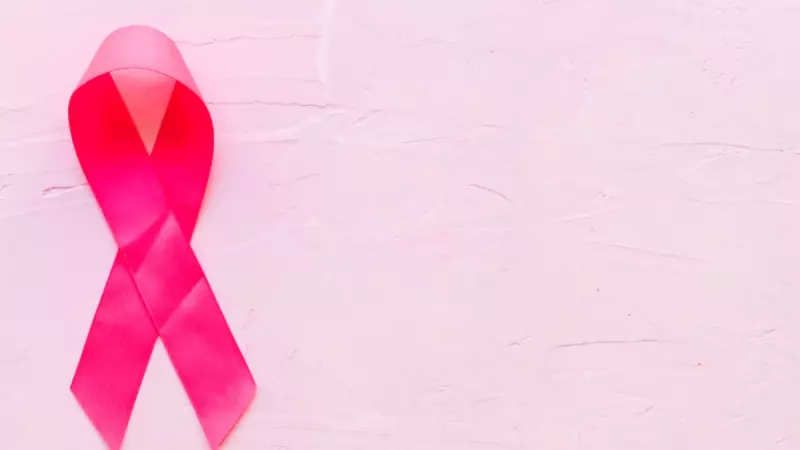
When it comes to breast cancer screening, misinformation can be more dangerous than the disease itself. Many Indian women are putting their health at risk by believing common misconceptions about mammograms. Let's separate fact from fiction and uncover the truth about this life-saving procedure.
The Painful Truth About Mammogram Discomfort
One of the most persistent myths is that mammograms are excruciatingly painful. While some women experience temporary discomfort during the compression process, the entire procedure lasts only a few minutes. Modern mammography machines are designed to minimize discomfort while ensuring clear images. Remember: a few moments of mild discomfort could potentially save your life by detecting cancer at its earliest, most treatable stage.
Why "No Family History" Doesn't Mean "No Risk"
Many women mistakenly believe that if breast cancer doesn't run in their family, they're automatically safe. The reality is startling—approximately 75-80% of women diagnosed with breast cancer have no family history of the disease. Regular screening remains crucial for all women, regardless of their genetic background.
Radiation Risks: Putting Fears to Rest
The radiation exposure from a mammogram is remarkably low—equivalent to what you'd naturally receive from your environment over about seven weeks. The benefits of early cancer detection far outweigh these minimal risks. Modern digital mammography uses even less radiation than traditional methods, making the procedure safer than ever before.
Age is Just a Number: When to Start Screening
While guidelines vary, most experts recommend that women with average risk begin regular mammograms between ages 40-50. However, women with higher risk factors—such as dense breast tissue or family history—may need to start earlier. The key is to have an open conversation with your healthcare provider about your individual risk profile and create a personalized screening plan.
Don't let misinformation stand between you and your health. Regular mammograms remain one of the most effective tools in the early detection of breast cancer, significantly improving treatment outcomes and survival rates. Schedule that appointment you've been putting off—your future self will thank you.





